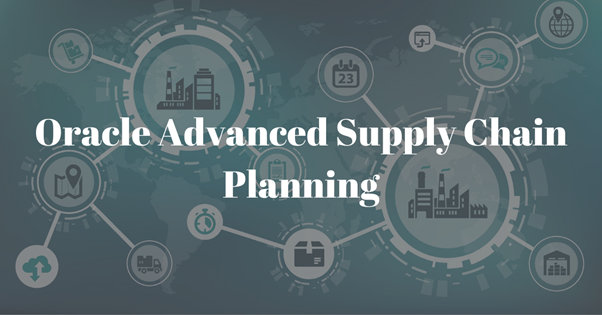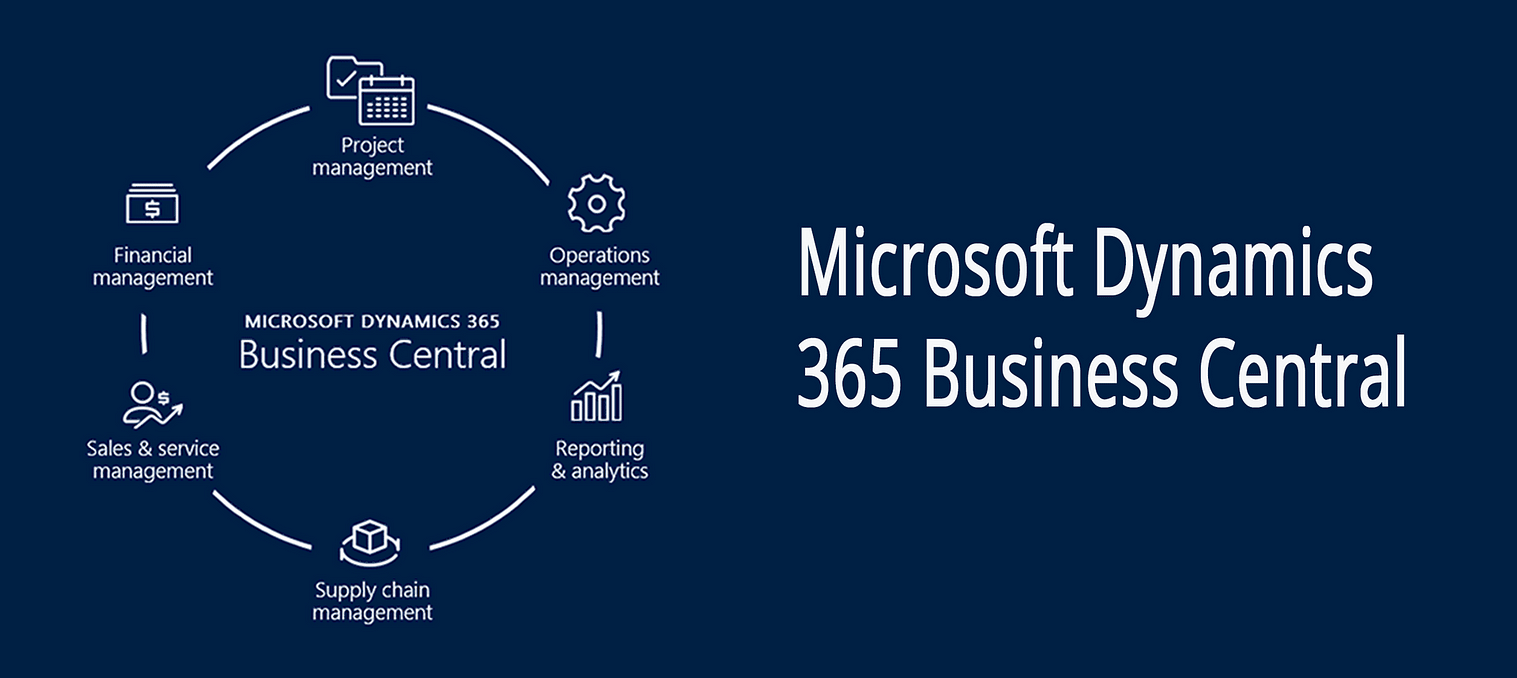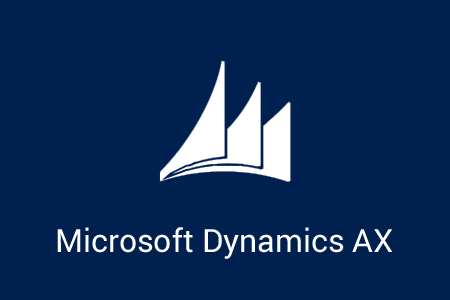Description
Introduction
Oracle Advanced Supply Chain Planning (ASCP) is a comprehensive suite designed to optimize the planning and execution of supply chain processes. This training provides an in-depth understanding of ASCP’s key features, capabilities, and how they integrate with other Oracle applications for end-to-end supply chain management. Participants will gain insights into the methodologies and strategies used to handle complex planning scenarios, manage demand, inventory, and supply, and make data-driven decisions that improve operational efficiency and reduce costs. The course emphasizes hands-on exercises to help learners become proficient in using ASCP’s powerful tools to manage and forecast supply chain demands effectively.
Prerequisites of Oracle Advanced Supply Chain
Before starting the Oracle Advanced Supply Chain Planning (ASCP) Fundamentals training, participants should meet the following prerequisites:
- Basic Supply Chain Knowledge: A foundational understanding of supply chain concepts and processes is highly recommended.
- Familiarity with Oracle Applications: Experience with Oracle Enterprise Resource Planning (ERP) and/or Oracle Supply Chain Management (SCM) is beneficial.
- Understanding of Oracle Database: Basic knowledge of Oracle Database and its usage within enterprise applications will help in understanding ASCP’s underlying architecture.
- Working Knowledge of Excel: Some familiarity with Excel or similar spreadsheet tools is beneficial for analyzing supply chain data.
Table of Contents
- VCP Component Architecture
1.1 Overview of Oracle VCP Architecture(Ref: Building Scalable Software Architectures)
1.2 Key Components of the VCP System - Integrated Oracle Value Chain Planning
2.1 Introduction to Integrated Value Chain Planning
2.2 Key Integration Points in VCP
2.3 Benefits of Integrated Planning - VCP Business Flow
3.1 VCP Business Flow: Plan
3.2 VCP Business Flow: Execute
3.3 VCP Business Flow: Compare Performance to Targets
3.4 VCP Business Flow: Corrective Action - VCP Key Capabilities
4.1 Overview of VCP Key Capabilities
4.2 Oracle Value Supply Chain Planning Key Capabilities
4.3 Segmenting the Problem as Needed
4.4 Planners Collaborating on a Single Plan - Integrated Manufacturing Planning and Production Scheduling
5.1 Overview of Integrated Manufacturing Planning
5.2 Production Scheduling Techniques
5.3 Synchronizing Manufacturing and Planning Processes - Plan Types
6.1 Unconstrained Plans
6.2 Constrained Plans - Data for Planning
7.1 Organizations
7.2 Items
7.3 Bills of Material
7.4 Resources
7.5 Departments
7.6 Workday Calendar
7.7 Routings
7.8 Forecasts - Planner Workbench
8.1 Overview of the Planner Workbench
8.2 Navigator Window
8.3 Analysis Window
8.4 Owning Organization
8.5 Navigation Tips
8.6 Preferences and Folders - Safety Stock
9.1 Safety Stock: Inventory Optimization
9.2 Safety Stock: Inventory
9.3 Safety Lead Time
9.4 Safety Stock: Planning - Supply Types
10.1 On Hand
10.2 Scheduled Receipts
10.3 Purchase Requisitions
10.4 Purchase Orders
10.5 Scheduled Receipts for Make Items - Overview of Setup Data
11.1 Item Data
11.2 Items and Item Attributes
11.3 Plan Type and Planning Method Attribute
11.4 Critical Components
11.5 Organization Item
11.6 Order Modifiers
11.7 Supplier Data
11.8 Approved Supplier List
11.9 Enhanced Sourcing
11.10 Supplier Capacity - Exceptions Management
12.1 Exception Messages
12.2 Exception Messages and Plan Class
12.3 Exception Groups
12.4 Exception Management Controls
12.5 Exception Context Windows
12.6 Exception Sets
12.7 Comparing Exception Messages
12.8 Plan Type Comparison - Enforcing Capacity Constraints and Demand Due Dates
13.1 Enforcing Capacity Constraints
13.2 Enforcing Demand Due Dates - Decision Rules
14.1 Types of Decision Rules
14.2 Plan Type Comparison
14.3 Root Causes of Late Demands
14.4 Scheduling Process
14.5 Critical Activities
14.6 Item Lead Time Constraints
14.7 Planning Time Fence Constraints
14.8 End-Item Substitution
14.9 User-Defined Alternate Decision Rules
14.10 Decision Rule Hierarchy - Simulation and Net Change
15.1 Running Online Net Change
15.2 Batch Net Change
15.3 Changes for Net Change Simulation
15.4 Online Demand, Supply, and Supplier Capacity Changes - Other Key Topics
16.1 Planning Strategies
16.2 Plan Optimization
16.3 Penalties and Constraints
16.4 Key Indicators
16.5 Introduction to Global Forecasting
16.6 Forecast Spreading
Conclusion
Upon completing the Oracle Advanced Supply Chain Planning (ASCP) Fundamentals training, participants will have a solid understanding of the ASCP module, its capabilities, and how it integrates with Oracle SCM. Learners will be able to confidently apply their knowledge to improve planning processes, optimize supply chain operations, and make informed decisions that enhance overall business performance. The course prepares participants for advanced roles in supply chain management by equipping them with essential skills in demand management, inventory control, and production planning using Oracle ASCP.







Reviews
There are no reviews yet.